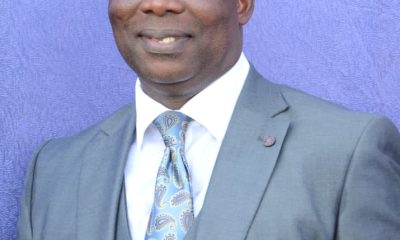The Minority Caucus of the House of Representatives has condemned the recent increase in the price of petrol by the Nigerian National Petroleum Corporation (NNPC).
Rep. Kingsley Chinda, the leader of the minority caucus in the House, said this in a statement on Thursday in Abuja.
He said that the development was not only ill-timed but also grossly insensitive to the harsh economic conditions currently being experienced by Nigerians across the country.
Chinda said that the hike is coming at a time when the nation is grappling with unprecedented economic challenges.
He added that a further increase in the price of gasoline would not only exacerbate the suffering of the average Nigerian.
The lawmaker said that the ripple effects of such an increase were far-reaching, impacting the cost of transportation, food, and other essential goods and services.
He said that this would ultimately erode the already fragile purchasing power of millions of citizens, pushing more families into poverty.
ALSO READ: NLC condemns fuel price hike, demands immediate reversal
According to him, the Minority caucus is deeply concerned that this decision by the NNPC appears to have been made without adequate consultation with relevant stakeholders.
This, he said, includes the National Assembly, which represents the interests of the people.
He said that the unilateral action disregarded the principles of transparency, accountability, and fairness, which should guide decisions affecting the lives of the citizenry.
“We, therefore, call on the Federal Government to urgently intervene and reverse this unwarranted increase in petrol prices.
“We also urge the government to explore and implement more sustainable measures to stabilise the economy without placing an additional burden on the people.
This, according to him, includes prioritising the rehabilitation and upgrading of our local refineries and curbing corruption within the petroleum sector.
He urged the Federal Government to ensure that subsidies genuinely benefitted the masses rather than a few privileged individuals

 News1 week ago
News1 week ago
 Latest1 week ago
Latest1 week ago
 Comments and Issues1 week ago
Comments and Issues1 week ago
 Latest1 week ago
Latest1 week ago
 Crime1 week ago
Crime1 week ago
 Business1 week ago
Business1 week ago
 Latest1 week ago
Latest1 week ago
 Latest1 week ago
Latest1 week ago

